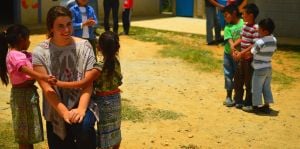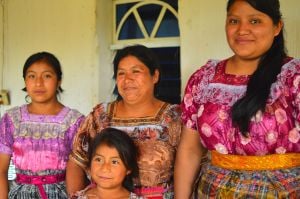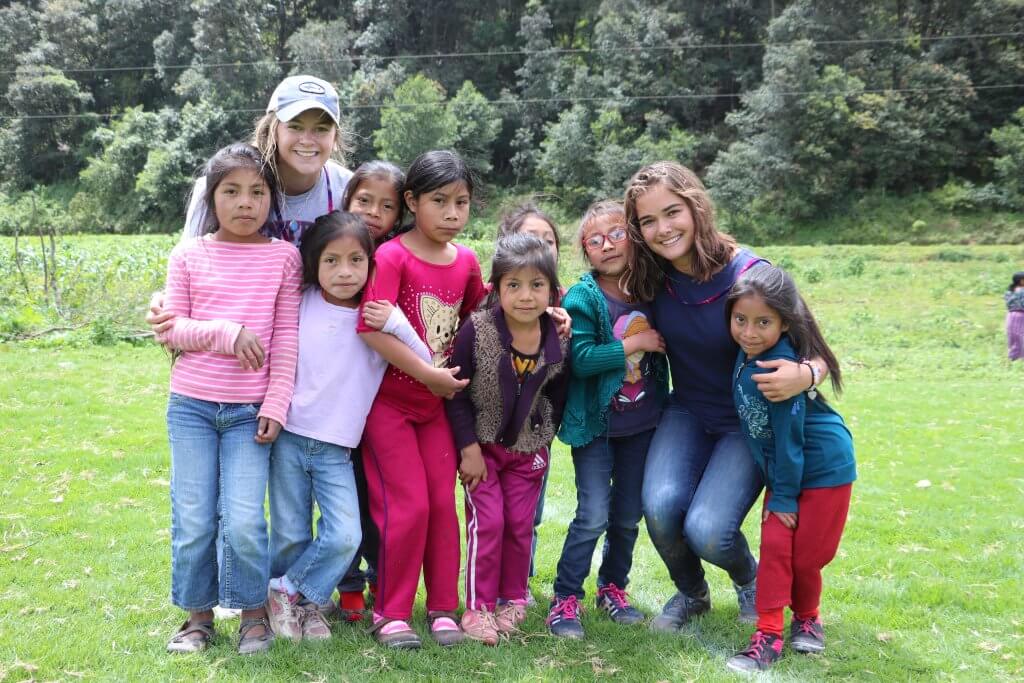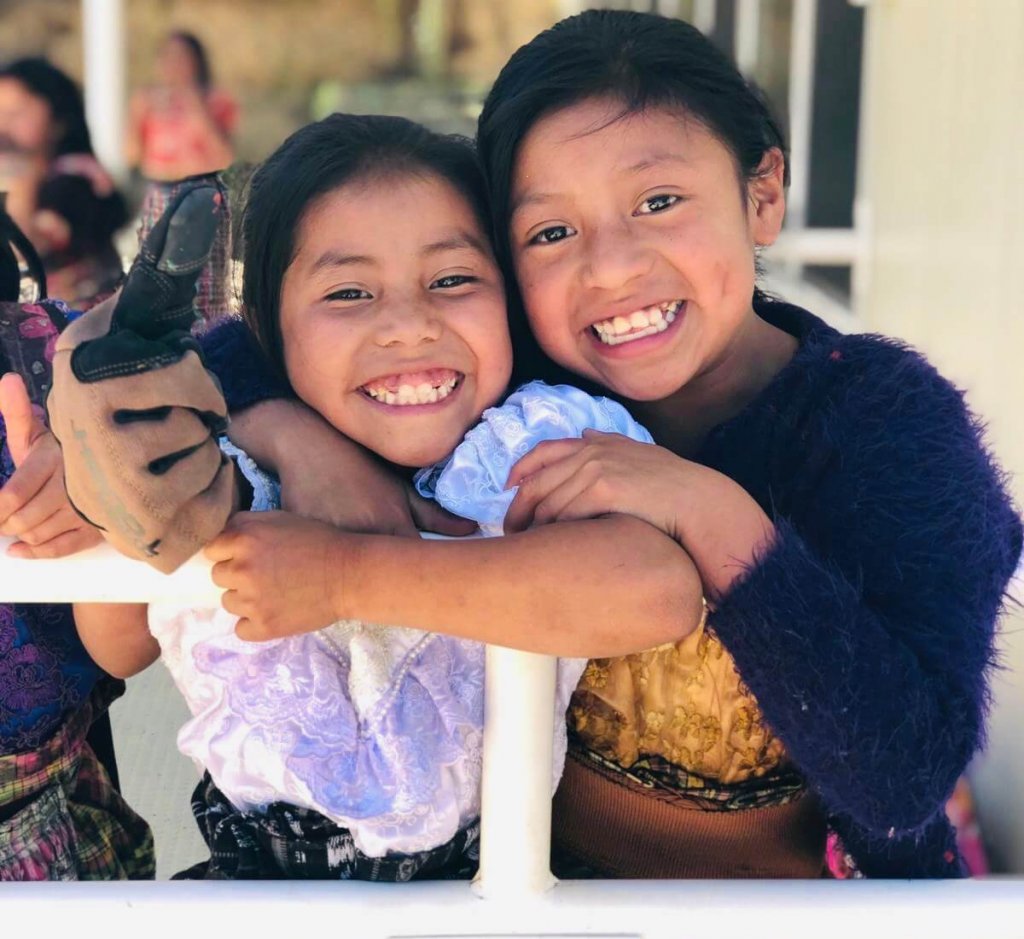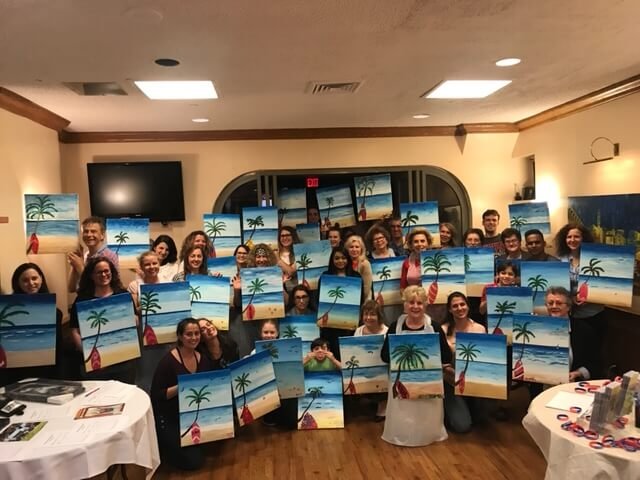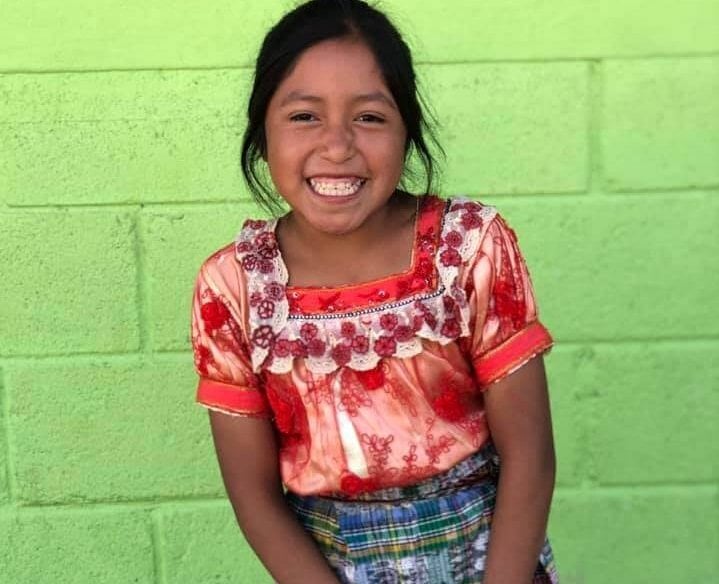Hi everyone! My name is Emily and I am a rising sophomore at Stanford University. My first-hand experience as a student sparked my passion for education reform. Here in Guatemala I have the incredible opportunity to see first-hand that ways that different communities and organizations like School the World are working towards improving education. I will be traveling to our communities along with Program Associate, Lily Garcia, and our wonderful driver, Fredy Luna. I can’t wait to share my experiences with you as School the World’s first Digital Field Intern through my series, Tales From the Field!
Cacabal II and III
My passion for education reform began in high school. Once, after succumbing to cultural pressure, I pulled an all-nighter to study for a test in my U.S. History class. Although I did well on the test, I remembered almost none of the material just days afterwards. Still, my teacher drew a smiley face next to my score. It frustrated me to realize that my community celebrated making the grade, not learning the lesson, and it occurred to me that maybe educational institutions aren’t perfect. Just maybe.
Since this epiphany, I’ve given education reform a lot of thought. My own experience represents only one of many problems in learning in the world today. I wanted to find a magic bullet that would fix them all. After pondering different scenarios for a while, I decided that all issues in the field of education, and conversely all solutions, stem from one essential factor: parental desire. Children want to make their guardians proud. I was convinced that if the mother of low-achieving students expressed to her son that she truly wanted him to achieve more, the student would deliver. On the other hand, if my own parents desired that I focus less on grades, I would try to please them by focusing more on concepts.
You may be surprised to find out that a 17-year-old theorist doesn’t have all the answers. After just one day in the field in Guatemala, I realize how insufficient parental desire alone is in solving all educational issues.
Today, after a beautiful morning of watching children learn and play in Cacabal II and III, we went with Delfina—a second grade girl attending school in Cacabal III—home to her family. Her mother Nicolaza warmly welcomed us into her home. She, her older daughter, and her 21-year-old daughter-in-law answered all of our questions in an amazingly honest and thought-provoking way.
We asked if Nicolaza would want her daughter to continue going to school after fifth grade. “Of course,” she answered. Unfortunately, the journey to Cacabal I--where sixth through ninth graders in the Cacabals can attend school--is a difficult and dangerous hour’s walk. “What about college?” we asked. Nicolaza again expressed a desire to send her girls to a higher education. Both her older daughter and daughter-in-law would like to be maestras. However, college is expensive and there’s no job security afterwards. Nicolaza does not wish to restrict her daughters’ educations for the sake of maintaining traditional gender roles, nor does she consider studying a waste of time, as my theory on parental desire would have suggested. Both high school and college are simply unrealistic options for her family and most others here in Guatemala.
Despite these limitations, Nicolaza supports her child’s educational journey at Cacabal III in all the ways that she can. And she isn’t the only one. At 2 o’clock this afternoon, there was a meeting at the school for mothers, to keep them up-to-date on Cacabal II’s progress. There are 30 students enrolled at Cacabal III, and I counted roughly that many parents in attendance. Parents here understand the utmost importance that education holds for their children, and will take educational journeys to their limits. With each school built, these limits are pushed as new opportunities arise for kids to continue school for longer, to learn more, and to open new doors. The communities here are ready to take the next step. Are you?
[feather_share]


